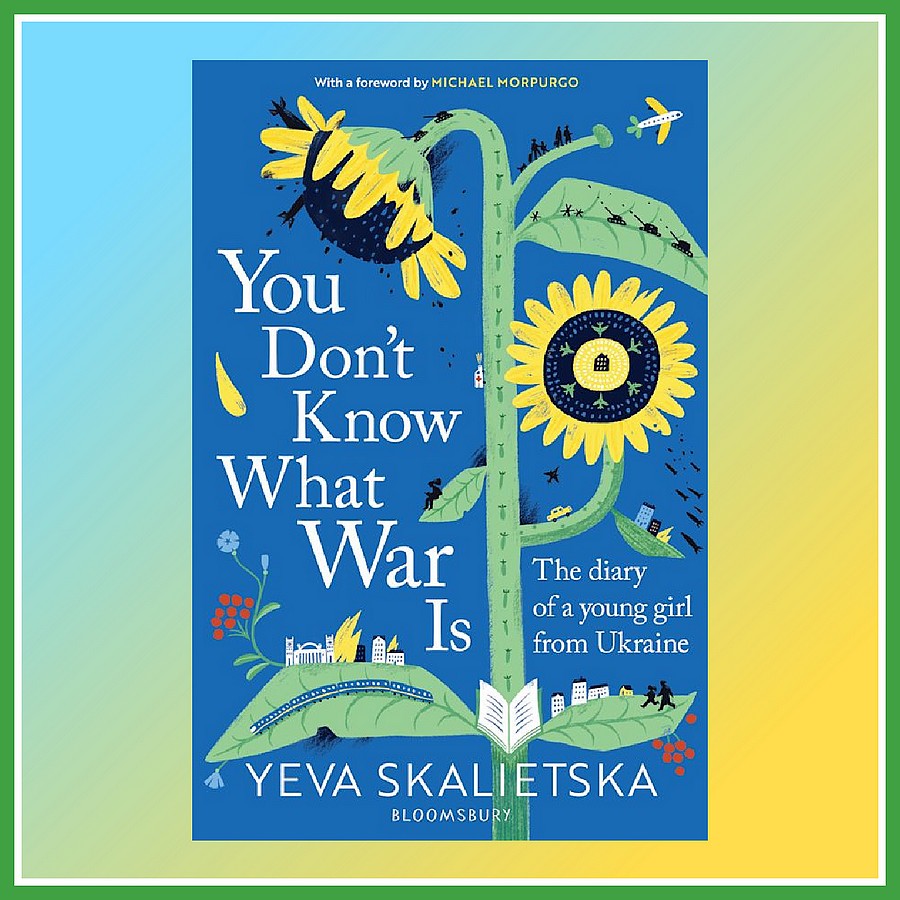
You Don’t Know What War Is: The diary of a young girl from Ukraine written by twelve-year-old Yeva Skalietska, living in Kharviv when she was jolted awake on February 24, 2022 to the horrifying sound and sight of an explosion. This is Yeva’s gripping firsthand account of her days (up to Day 67, May 1, 2022) during the war in Ukraine. Yeva shares in the book that she wrote her diary to detail a record of events, her days, interactions, encounters, emotions as well as the impact the war had on her, her family and friends. She also found writing in her diary was a way to distract herself from the sheer terror and utter devastation. Her diary tells her experience about fleeing her country after it has been invaded and her life as a refugee. Yeva’s diary explores the human face of war, Yeva talks of unimaginable loss alongside supreme acts of kindness, compassion, selflessness, sheer courage, resilience and hope.
In this book, each chapter is one day and it begins with news headlines and quotes from media in Ukraine and around the world. Yeva details her days, movements, what they are hearing in their news, what she is seeing and also includes photos and transcripts of WhatsApp group messages between her friends in real time. This book includes a foreword by Michael Morpurgo.
At the outbreak of war Yeva is happily living with her Granny, Iryna, in a flat in the north eastern outskirts of Kharkiv. Yeva shares at the beginning of the book some details about what her life looked and felt like before the war. She writes about February 14 (ten days before the war), her twelfth birthday. She celebrated with friends and had a bowling party. She describes her cosy home and her full and busy life. She attends school, an English class twice a week and one piano lesson each week. In her spare time, she enjoys painting. She enjoyed a peaceful life surrounded by love and beauty.
Yeva and her granny, no longer safe in their flat on the first day of the war fled to their basement which they shared with other residents from the apartment block. Shelling was loud and frequent. The adults organised board games to try and distract the children. Night-time was particularly terrifying for Yeva, the fear of the unknown envelopes her, the sound of the explosions intensify her fear. Yet everyone in the basement is supportive of each other and refuses to lose hope. There is such solidarity amongst the people in the basement as well as with the messages between Yeva’s friends.
Yeva’s granny spends hours reaching out to friends in a desperate attempt to leave Kharviv. Eventually she successfully organises for them to stay with a friend, Inna, who lives on the western edge of Kharviv. There is no time to pack any possessions, they must leave quickly.
Food is becoming increasingly difficult to buy and if you are able to source it, the prices are exorbitant. On the sixth day of the war word came that their flat had been hit and their kitchen was struck by a missile.
Yeva shares how she and her granny travelled across Ukraine (also visually represented on maps in the book) in such harrowing circumstances and how chance encounters, the kindness of strangers and selfless actions even made this possible. While staying at a school gym Yeva’s granny told a reporter, Flavian, who works for Channel 4 News, British TV channel, that Yeva is keeping a diary. Flavian asked Yeva if it would be possible to interview her on camera. The following days see more interviews and an invitation to create a short film about Yeva and her Granny. Yeva was introduced to more reporters as she and her granny moved to Hungary. The reporters are instrumental in helping Yeva and her granny relocate to Dublin. It is here that the reader meets Catherine and Gary, both teachers, who are now Yeva’s and her granny’s hosts. It is here in Dublin that Yeva is reacquainted with playing the piano, an experience that brings her such joy, she attends school where Catherine teaches, begins a new curriculum in English and makes new friends. This is her days and at night she tunes into the news and hears about the continued shelling, missiles and the Grads back home in Ukraine and Kharkiv.
At the end of Yeva’s diary entries she includes accounts from four of her friends (who the reader learns about through Yeva’s diary), their experiences, each unique and their hopes for the future.
This is Yeva’s very personal and moving experience. She acknowledges that through conversations and messages with her friends she has come to learn that each person’s experience in the war is unique to them and they are all so very different.
